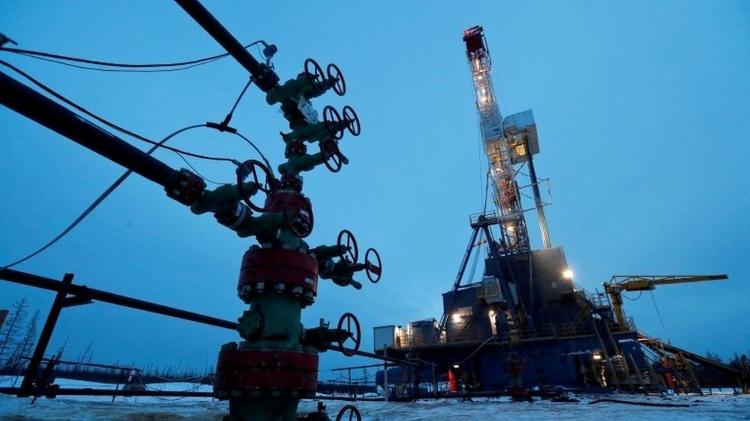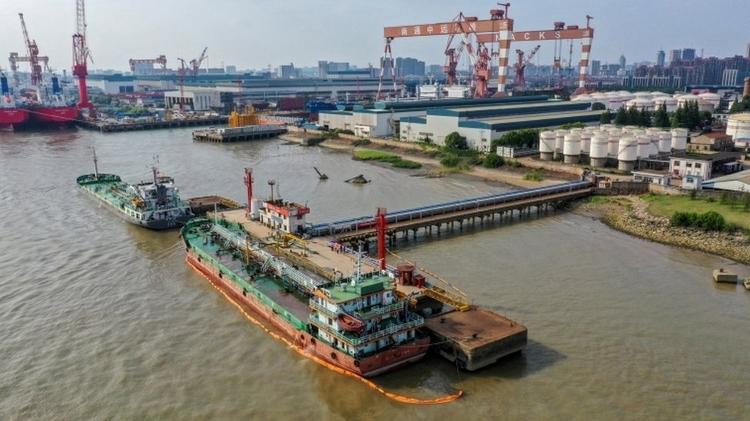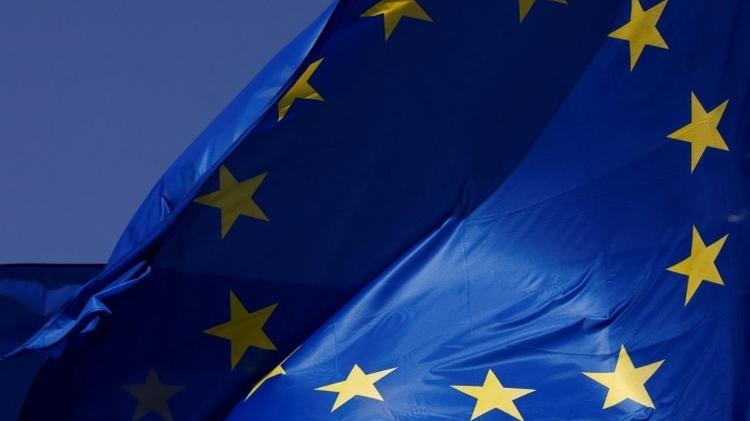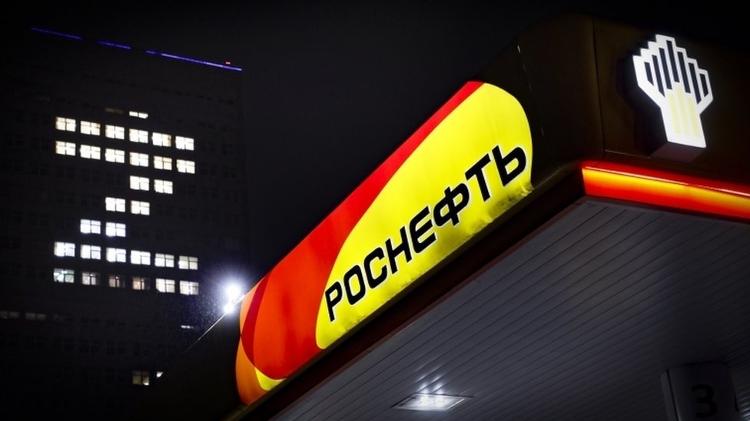Russia has found new customers in Asia for its strong oil and gas industry. And thanks to them, he was able to mitigate the effects of strong economic sanctions imposed on Russian products by Western Europe and the United States.
After Russia invaded Ukraine, it surpassed Saudi Arabia to become the main supplier of oil to China.
It has been reported that Russia has offered China reductions in oil and gas prices, which has opened up a large market for Russia that has not been exploited before, which can at least partially compensate for the losses caused by the blockade on sales after the economic sanctions.
Russia also turned to India: before the invasion of Ukraine, only 1% of oil exports went to the country. In May 2022, it equated to 18%.
China, Russia and India together with Brazil and South Africa form the BRICS geopolitical bloc. And despite decades of conflict, the recent rapprochement between Russia, China, and India has not only brought financial gain for all, but also strengthened their international position in the conflict with the hostile US-led bloc.
In a virtual speech during the opening of the BRICS business forum on June 19, Russian President Vladimir Putin made it clear that shipping its products to other BRICS members, particularly India and China, is Russia’s strategy to circumvent sanctions.
While selling petroleum products to the Chinese and Indians, Putin talked about the possibility of increasing the presence of Chinese cars in the country and opening the stores of an Indian supermarket chain.
“Russian oil deliveries to China and India are increasing. And agricultural cooperation has developed dynamically,” said Putin, who is primarily responsible for fertilizer shipments to the BRICS countries.
According to Putin, the Russians, along with other members of the bloc, have made progress in reducing their financial dependence on the dollar and euro in international transactions.
With the exception of Russia, three of the four BRICS members refrained from supporting the UN’s condemnation of the proposed invasion of Ukraine.
The exception was Brazil, which supported the measure proposed by the Americans. But the Brazilian government has made it clear that it opposes the US and Western European sanctions on the Russian economy.
The gains for Putin are obvious. There has been a significant decline in revenues from oil and gas exports, but profits from the energy sector are still sufficient to finance the war in Ukraine, among other things.
oil for sale
Russia’s oil imports, including supplies from the East Siberia-Pacific Ocean pipeline, amounted to 8.42 million tons last month, according to data from China’s General Customs Administration.
This represented a 55% increase over 2021, hitting record highs in May.
Chinese state-owned companies such as Sinopec and Zhenhua Oil have increased their oil demands in recent months.
As buyers in Europe and the US began to avoid Russian oil and gas after the invasion, companies received large discounts from Russia.
This put Saudi Arabia in second place among the countries supplying oil to China with 7.82 million tons.
But Russia isn’t the only country under sanctions from which China has bought oil: The country bought 260,000 tonnes of oil from Iran last month, the third such purchase since December.
loopholes in the law
According to a report by the Energy and Clean Air Research Center (Crea), Russia has seen a steady decline in sales of petroleum products since the sanctions began.
But the report warns that Russia has found loopholes in the law to resume exports.
One could be to export crude oil to countries like India, where this product is refined and then shipped to European countries.
“The report states that more and more Russian oil is exported to India for refining, and much of this refined oil is making its way to European markets,” said BBC business correspondent Theo Legget.
“And as Russia seeks new markets for its products, Russian oil is being transported through pipelines to ships, many of which are owned by European companies. Issues like these need to be addressed for pressure on Russia to be effective.”
Europe’s dilemma
The European Union (group of 27 European countries) remains the main buyer of gas and oil from Russia.
Of the US$97 billion (or R$307 billion out of R$505 billion) Russia received from energy exports in the first 100 days of the war in Ukraine, an estimated US$59 billion came from the bloc.
At least for now, it has proven impossible for the European Union to reach an agreement completely banning oil and gas purchases from Russia. But some plans moved forward.
The bloc plans to impose a ban on Russian oil imports by sea before the end of the year, which will reduce the amount imported by more than 60%.
In addition, in March, the European community committed to reduce Russian gas imports by at least two-thirds over a one-year period.
The United States has completely banned the purchase of oil, gas and coal from Russia, and the United Kingdom is expected to do the same before the end of 2022.
What could it be?
“With fuel prices rising, it’s not just drivers lining up when they see a discount,” says BBC global business correspondent Dharshini David.
David explains that India and China can take advantage of the current situation in Russia, but warns that the good moment for Russian exports may be short-lived, with European sanctions coming into effect and switching to other suppliers.
“Russia’s oil revenues have already started to decline and this will only intensify as other countries look to alternative energy sources.”
source: Noticias
[author_name]




